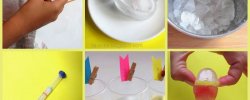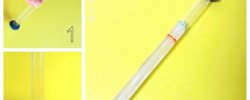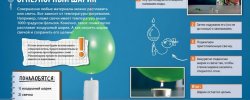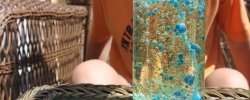Early Childhood Experiments
 Children ' s experimentation is the most important means of learning development children of pre-school agewhich aims to educate the child of the surrounding world
Children ' s experimentation is the most important means of learning development children of pre-school agewhich aims to educate the child of the surrounding world
The article is published by electronic journal Young Scientist, partner I am the parent
Bibliographic description: Juykova T. P. Development of the educational activity of middle-aged children by means of experimentation [Text] / T. P. Zhuykova, K. A. Shustrova / young scholar. - 2015. - No. 8 - C. 921-924.
Pre-school age is the initial period of personal development, rapid growth and intensive development of the child. The development of the child ' s learning activity and interest is shaped in pre-school education. Effective means to promote children ' s learning activities are a significant challenge that requires theoretical justification and practical solutions.
Awareness-raising activities contribute to the development of the child ' s subjective attitude to the world. It is important to note that, in the pre-school age, the prerequisites for the development of children ' s learning activities are: the evolving capacities of thinking of the child, the development of pre-school education interests, the creation of productive and creative activities, and the interaction of pre-school children with the surrounding world.
All these skills can be developed through child experimentation.
The experimental activities of children were considered in the work of many scientists. H. N. Podjakov examined the specifics and types of child experimentation, O. V. Dybina, L. N. Prohorova, I. E. Kulikovsky and N. Sovgir, examined the possibilities of child gardens in pilot activities.
The experimentation method is an effective method of understanding the surrounding world in the kindergarten. Ivanova A. I., Kulikovsky I. E., Nikolaev S. N., Rajov N. A., Podyakov N. N. and other researchers indicate the importance of using the experimentation method for preschool work.






